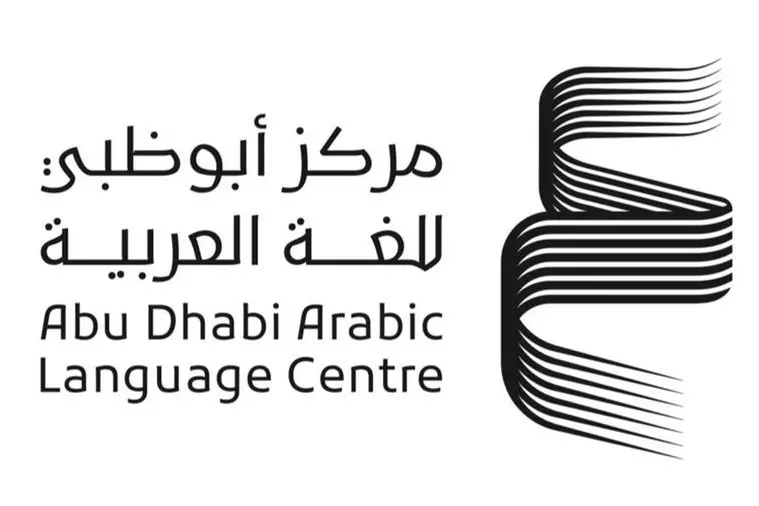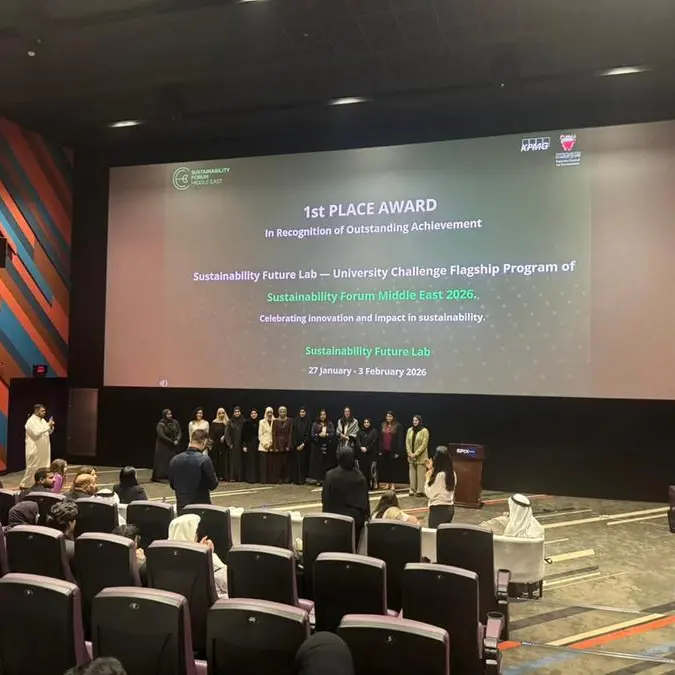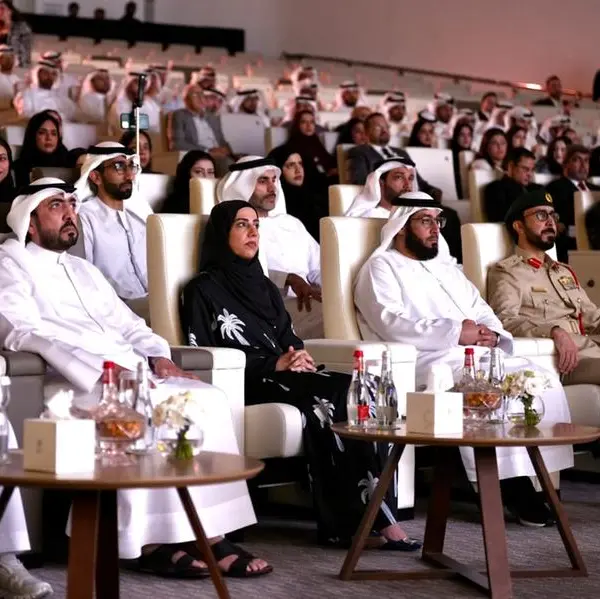PHOTO
Abu Dhabi, UAE: The Abu Dhabi Arabic Language Centre (ALC) announced the results of the fourth cycle of its Research Grants Programme, which aims to encourage researchers in various fields related to the Arabic language and provide support for quality research projects that advance and promote the Arabic language.
This year, the Programme received 270 applications from 31 countries, with the highest submissions from Egypt, followed by Morocco, Syria, and Jordan.
The Programme allocates grants for projects in six different fields, namely, Arabic Lexicon, Academic Curricula, Literature and Criticism, Applied and Computational Linguistics, Teaching Arabic to Non-Arabic Speakers, and Manuscript Editing, offering a total grant pool of AED 600,000 every year.
His Excellency Dr. Ali bin Tamim, Chairman of the ALC, said: “The Abu Dhabi Arabic Language Centre is committed to its mission to advance the Arabic language and promote it as a language of culture and creativity, but also of science, research, and knowledge on the world stage. With that in mind, the Centre strives to offer all means of support for researchers and experts working to study fields related to the Arabic language. The Research Grants Programme – now completing its fourth cycle – is an ideal platform designed specifically to meet this objective.”
“The Programme has grown significantly every year, and we are delighted to be receiving a larger volume of works from a fast-expanding list of countries each time,” H.E. bin Tamim added. “This year’s list of winners reflects the vast pool of top-quality research being done in fields related to the Arabic language, and the growing turnout only incentivises us to enhance our efforts to attract more submissions in upcoming editions of the Programme.”
The winners of the Research Grants are ‘Discourse on Educational Rajeez Poems and the Consolidation of the Sciences of Understanding: Research into the Pragmatic Function of Rhythm’ by researcher Mahdi Laaraj from Morocco, ‘The Sacred in Pre-Islamic Poetry - A Thematic Study’ by Saudi researcher Abdullah Al-Baradi; ‘The Record of Illnesses in Arabic Literature: A Cultural Approach’ by Jordanian researcher Fatima Yousef Al-Qaraan; and ‘The Aesthetics of Image in the Poetry of Sheikh Zayed bin Sultan Al Nahyan, an Aesthetic Analytical Study’ by researcher Aisha Ali Al-Ghais from the UAE.
In the Manuscript Editing category, the jury selected ‘Explanation of the Al-Hamasa Collection by Abi Tammam, Explanation of Abu Al-Futuh Al-Jurjani, Thabit bin Muhammad Al-Adawi Al-Andalusi’ by researcher Ahmed Muhammad Attiya Abdul Hadi from Egypt, and ‘اHalf-Blindness: A Study of Popular Literary Narratives and the Editing of an Anonymous Copy of the One Thousand and One Nights’ by Egyptian researcher Faraj Al-Fakharani.
Two works were selected in the Arabic Lexicon category, namely ‘Dictionary of Food and Feeding’ by Syrian researcher Taysir Khalaf and ‘The Lexical Commonality between Arabic and South Levantine Languages Before Islam: From the Fourth Century BC to the Sixth Century AD’ by researcher Omar Abdul Qadir Al-Ghoul from Jordan.




















